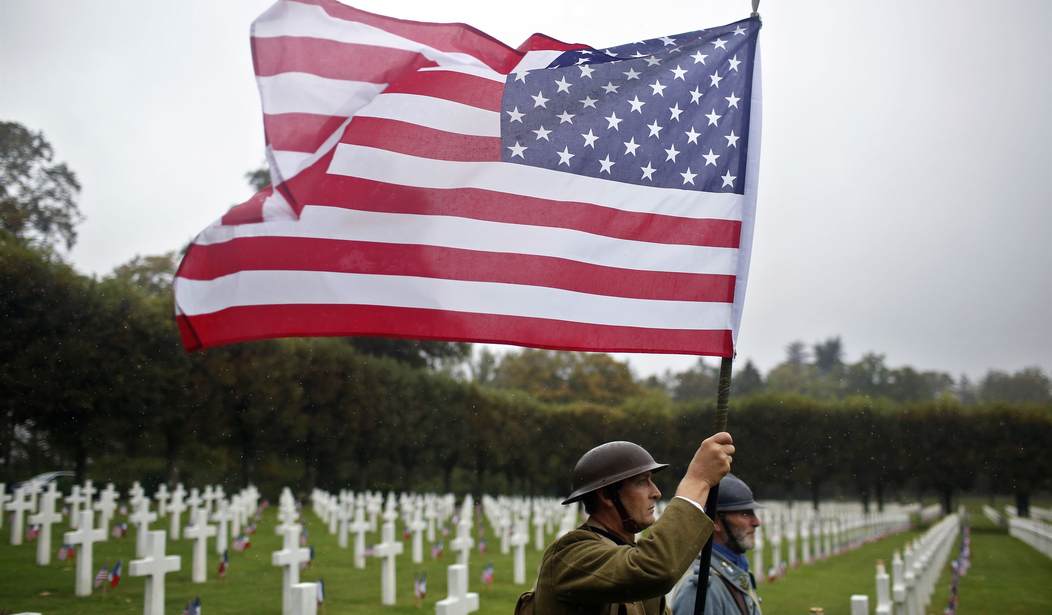Amid the fireworks and cookouts, America's birthday party is infused with the inspiring rhetoric from our nation's founding document. The Declaration of Independence reminds us that we are all created equal and endowed by our Creator with "certain unalienable rights." These include "Life, Liberty and the pursuit of Happiness."
Many Americans mistakenly believe that these inspiring words rallied the nation to fight for its independence. But that's not how it happened. In reality, it was a case of the culture leading and the politicians lagging behind. The Second Continental Congress simply ratified what had already happened.
The first shots in the War of Independence were fired at Lexington and Concord 15 months before the Declaration of Independence was issued. In fact, by the time the political leaders acted, a majority of the British governors had already been forced to flee the new nation.
Still, the actions of the Continental Congress were very significant. In giving voice to the public mood, they articulated a new view about the proper role of government. It was not to serve the king but to secure individual rights and freedoms. And the people were in charge; governments derive their only "just powers from the consent of the governed."
As the congress set about defining these noble ideals, the leaders recognized the importance of building consensus to achieve unity of purpose. It took more than a year of wrangling before most delegates were willing to support a call for independence.
Recommended
However, a simple majority was not enough for advocates of independence. They wanted consensus. So, they continued debating and addressing concerns until a unanimous vote could be obtained. That happened on July 2, 1776. Twelve colonies voted for independence, and New York abstained. Two days later -- on July 4, 1776 -- Congress approved an edited version of the Declaration of Independence.
The desire to find common ground and unify the colonies was essential for the wartime effort. But it also gave our Declaration of Independence the ability to have an impact across the centuries.
There's no doubt that the nation has struggled to live up to its noble ideals, especially with regard to slavery and institutionalized racism. But expressing the ideals clearly gave us something to long for and seek to achieve. And reaching for them has helped us overcome our nation's deepest failing and original sin.
Within five years of its passage, the ideals expressed in the declaration led the Massachusetts State Supreme Court to outlaw slavery. Four score years later, Southern states provoked a Civil War because they objected to the noble ideal that we were all free and equal. Blessedly, that rebellion failed.
A century after the Civil War, Dr. Martin Luther King Jr. reminded us that the declaration was "a promise that all men, yes, black men as well as white men, would be guaranteed the unalienable rights of life, liberty and the pursuit of happiness."
King added that "Now is the time to make justice a reality for all of God's children." That is our ongoing task as a nation.
Our nation has never been -- and never will be -- perfect. But our founding ideals remain a noble beacon of hope for all Americans to follow.

























Join the conversation as a VIP Member